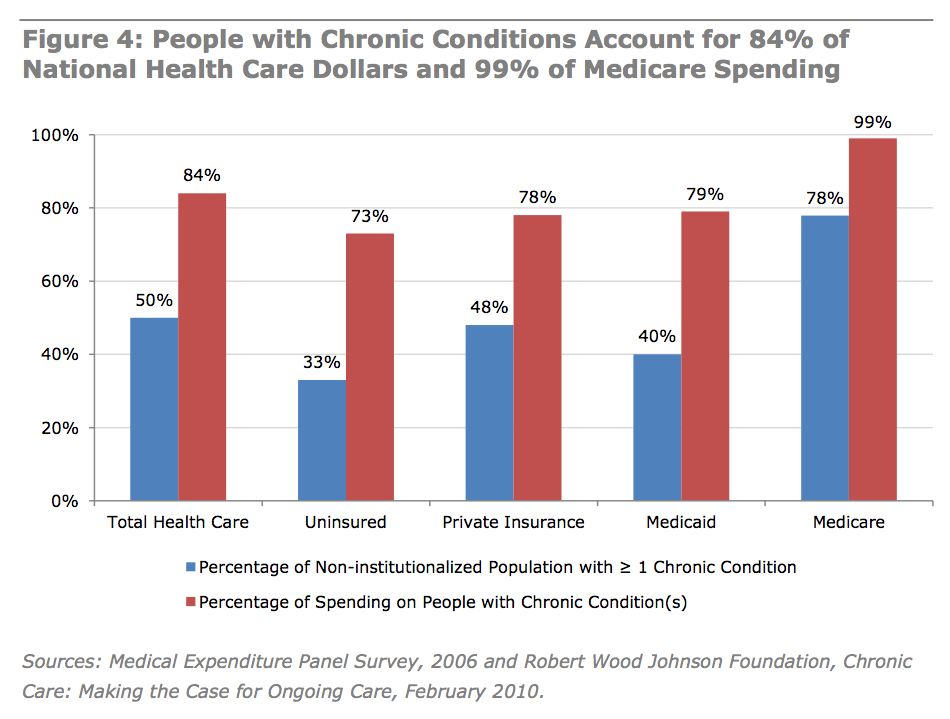The primary issue that consumes approximately 86% of healthcare costs in the United States is avoidable chronic disease: while the most prevalent health conditions are simultaneously the most preventable, they continue to cost the country’s budget billions of dollars.
While overall numbers have decreased since 2010, when chronic disease cost the U.S. a total of $315 billion, morbid obesity rates have continued to rapidly spike—a condition that leads to a range of critical health issues including heart disease, diabetes, and stroke.
In large part due to increased public awareness, three of the five leading causes of death have declined, yet the trend of chronic disease is still disconcerting and dangerous. Almost half of all adults in the U.S. have a serious health condition, while 31 million Americans over age 50 are at great risk of contracting a chronic illness because of sedentary inactivity and lack of proper nutrition.
Being conscious of medicinal needs and treatments requires a consistently high level of responsibility and awareness. Healthcare experts urge patients to take active, informed roles in managing their health: online workshops have been developed to offer chronic disease self-management programs, which have been proven to significantly improve health status. Moreover, healthcare practitioners and professionals must collectively work together and cooperate with patients in order to create effective health plans, and communicate the ways in which to incorporate nutrition, health, and wellness into their lifestyles.
